The first round for applications closes on Wednesday 17 March.
Bournemouth University has a small amount of funding available to facilitate and enhance research and development collaboration with external partners.
The purpose of the funding is to:
- Enhance external collaborative engagements with industry partners to further the development of innovative projects
- Increase the amount of available funds for research undertaken collaboratively with external partners to patent innovations, enhance technology readiness levels and/or commercialisation
- Encourage future funding bids (such as from Innovate UK) with external partners
There is flexibility in the way that the fund can be used, provided that a strong case can be made, and the assessment criteria are met. Funding could be used in various ways, for example for consumables, staff, and for travel/events/meetings, where restrictions allow.
All funding will need to be spent by 31 July 2021.
Eligibility/What we can fund
The HEIF Small Fund is open to all researchers across Bournemouth University, including those who are already working with industry partners and those who would like to build up new networks. In particular, the panel would welcome the following types of applications:
- Projects of up to £5,000 which will either facilitate new relationships with external partners or build on existing research collaborations with external partners, support initial prototyping, project/product feasibility and/or market research.
- Subject to the lifting of current restrictions, small travel grants of up to £500 to help facilitate relationship development with organisations. This could be travelling to potential partner sites or networking/funding briefing events Please note, the HEIF Funding Panel will not fund applications relating to conferences.
Due to the nature of this fund, we particularly welcome applications;
- from Early Career Researchers (ECRs)
- that incorporate social sciences and humanities
- that demonstrate research interdisciplinarity
In line with BU2025, we will positively encourage applications from under-represented groups.
Application process
To apply, please read the guidance and complete the application form
Applications must be submitted to heif@bournemouth.ac.uk
Applications will be reviewed by the HEIF Funding Panel (see Panel Information below), with recommendations submitted to the Research Performance and Management Committee (RPMC) monthly. Once a decision has been made, this will be communicated to applicants. We aim to confirm the outcomes within two to three weeks of the closing date for that month.
The closing dates for each monthly assessment are as follows:
- Wednesday 17 March
- Wednesday 14 April
- Wednesday 12 May
- Wednesday 16 June
BU’s Funding Panels and Research Principles
The following funding panels operate to prioritise applications for funding and make recommendations to the Research Performance and Management Committee (RPMC).
There are eight funding panels:
- HEIF Funding Panel
- GCRF Funding Panel
- Research Impact Funding Panel
- Doctoral Studentship Funding Panel
- ACORN Funding Panel
- Research Fellowships Funding Panel
- Charity Impact Funding Panel
- SIA Funding panel
These panels align with the BU2025 focus on research, including BU’s Research Principles
The following BU2025 Principles are most relevant to the HEIF Panel:
- Principle 1 – which recognises the need to develop teams
- Principle 5 – which sets of the context for such funding panels
If you have any questions please email heif@bournemouth.ac.uk
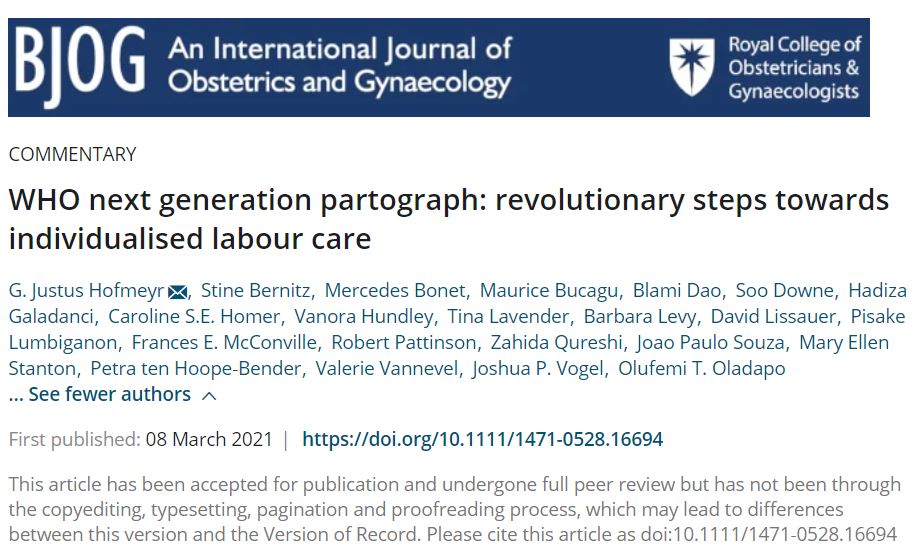
 Exciting online training events for researchers on Wednesday.
Exciting online training events for researchers on Wednesday. Tuesday 23rd March 2021, 10.00am – 12.30pm
Tuesday 23rd March 2021, 10.00am – 12.30pm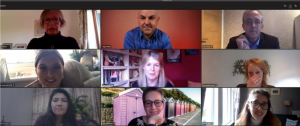

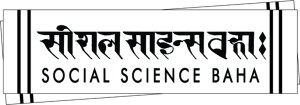
 The RDS Funding Development Briefings now occur weekly, on a Wednesday at 12 noon.
The RDS Funding Development Briefings now occur weekly, on a Wednesday at 12 noon.


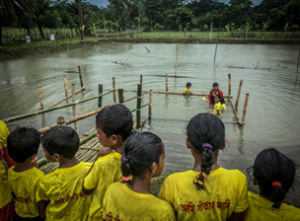

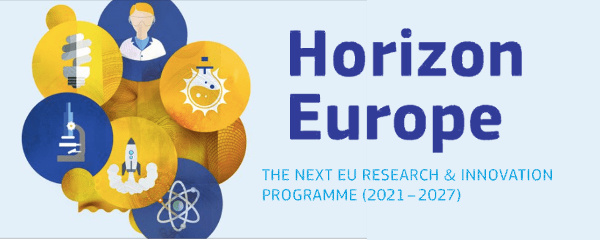 The RDS Funding Development Briefings now occur weekly, on a Wednesday at 12 noon.
The RDS Funding Development Briefings now occur weekly, on a Wednesday at 12 noon.


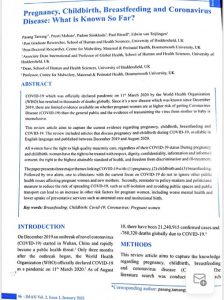
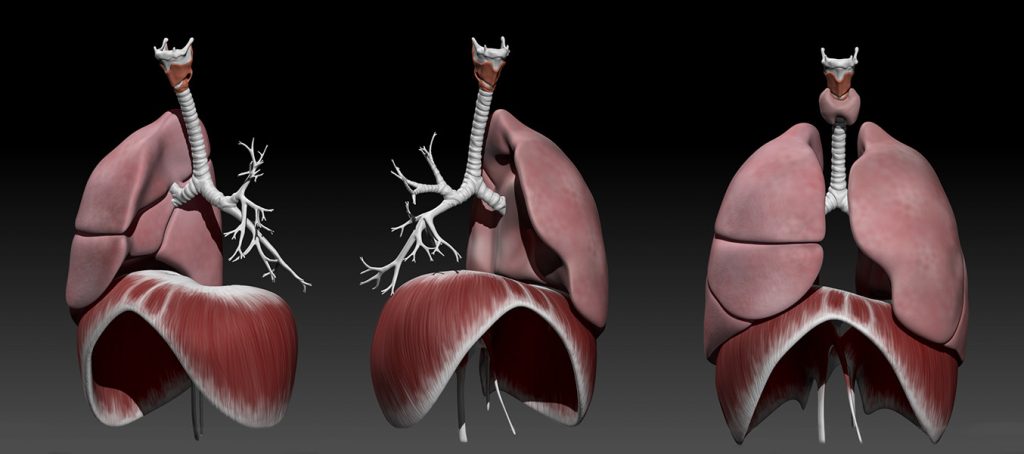
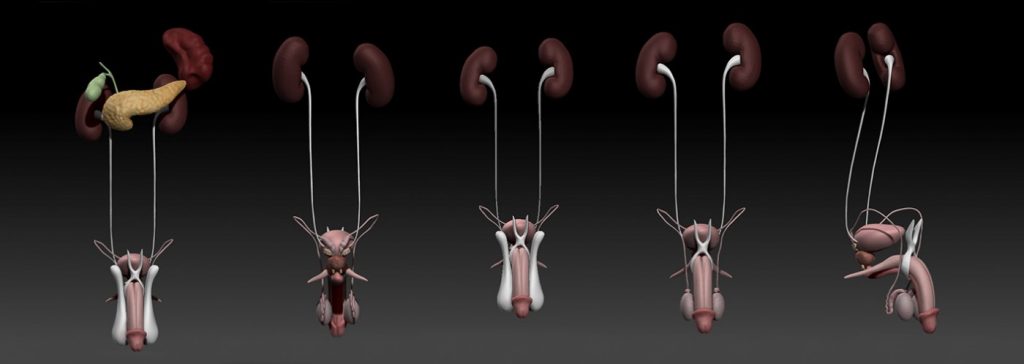
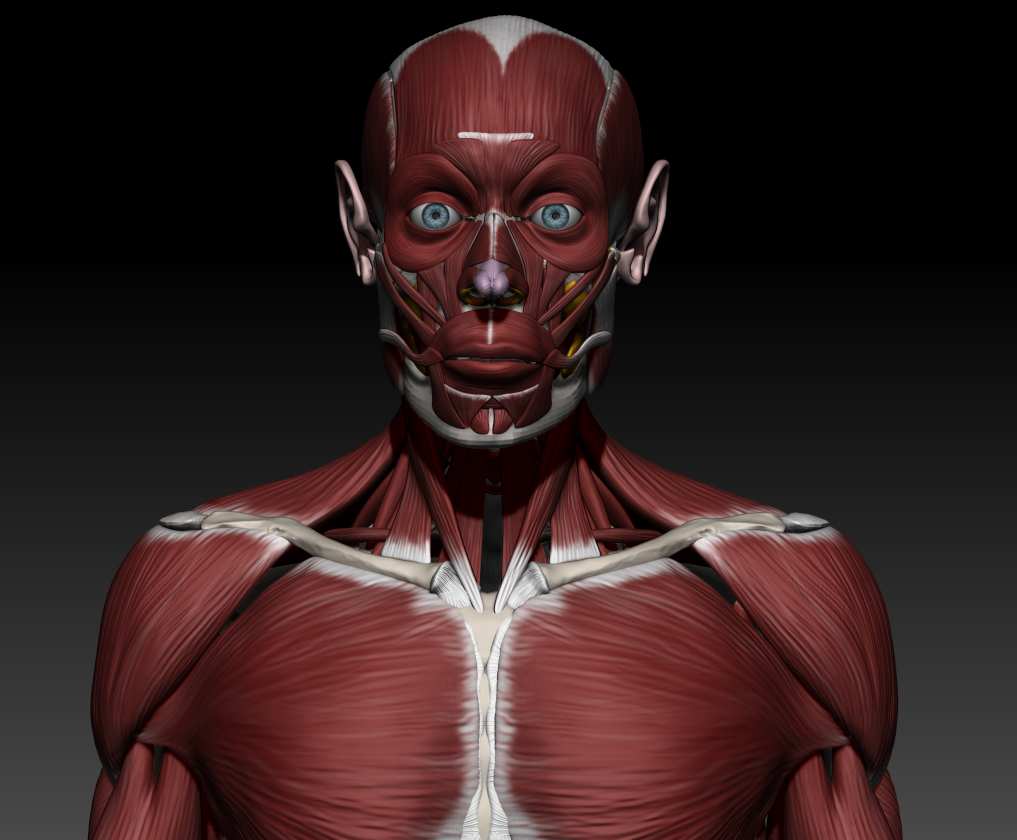
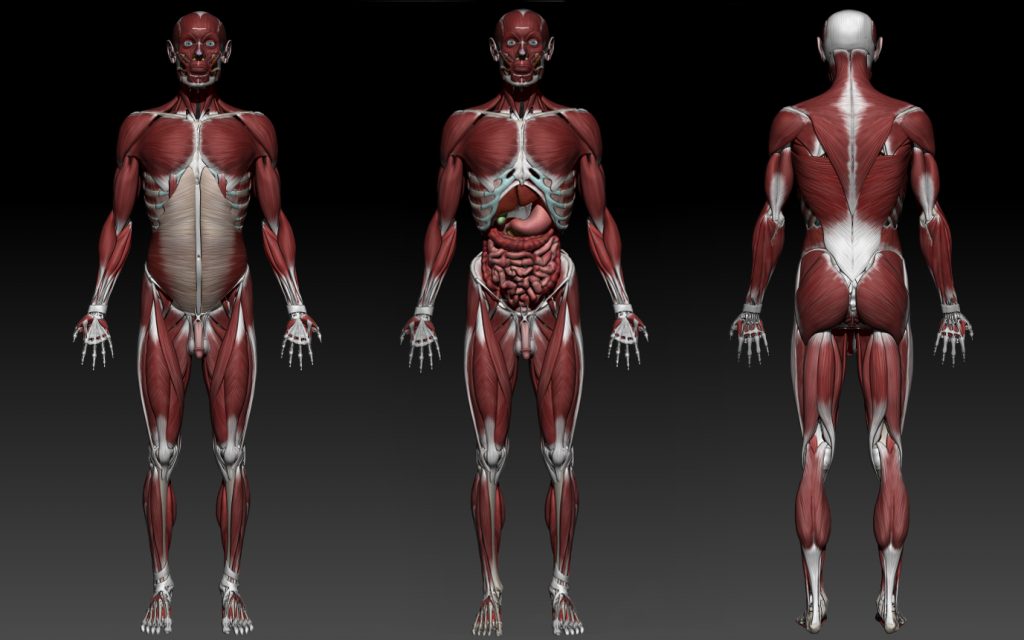
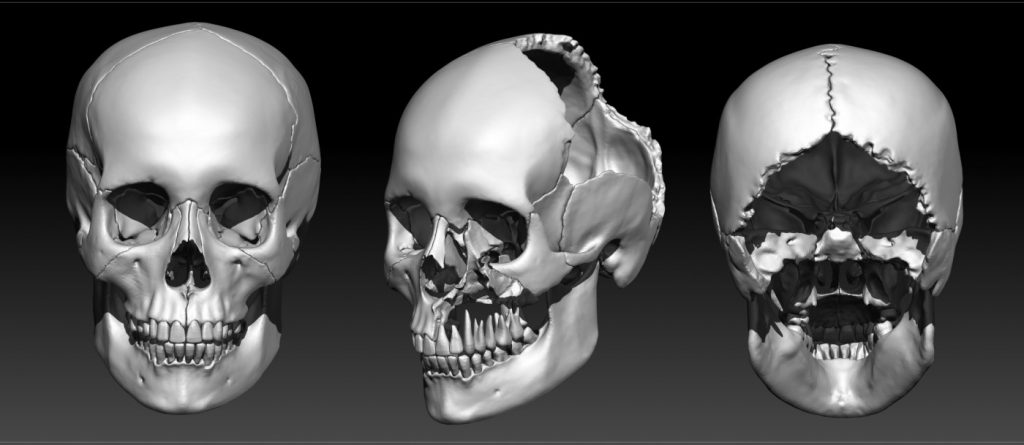
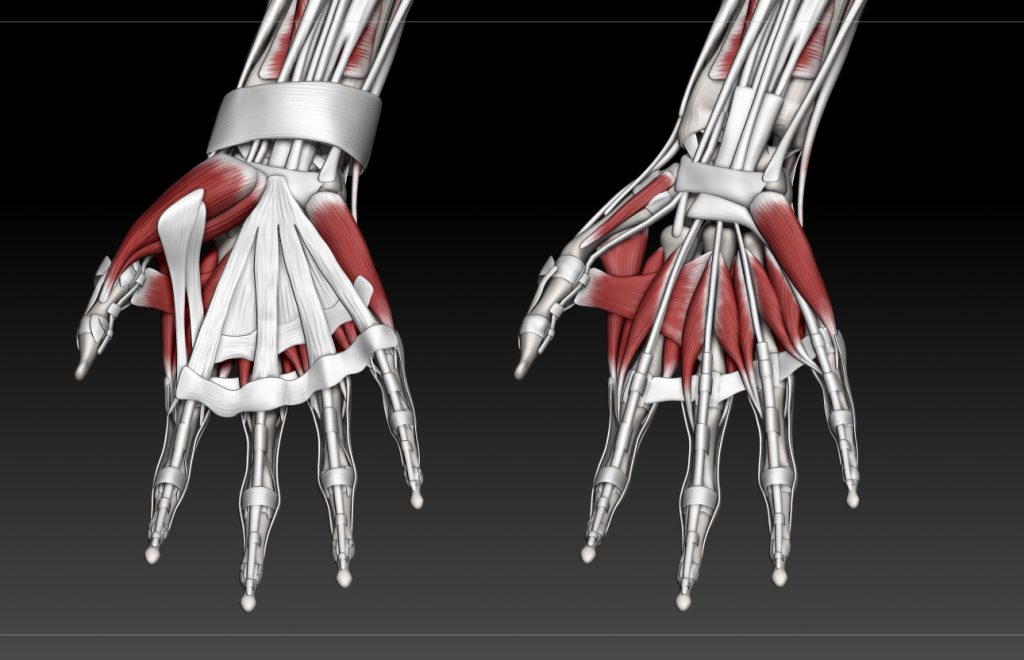
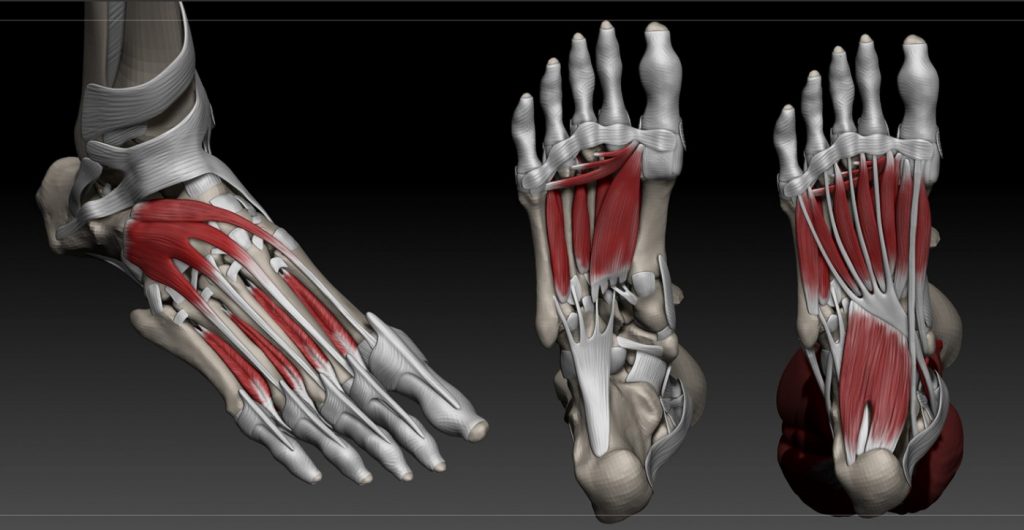
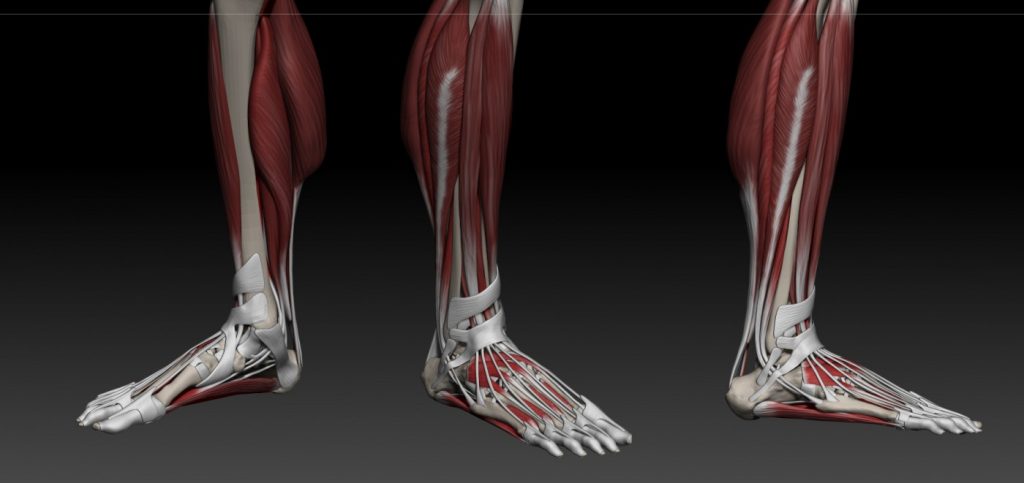
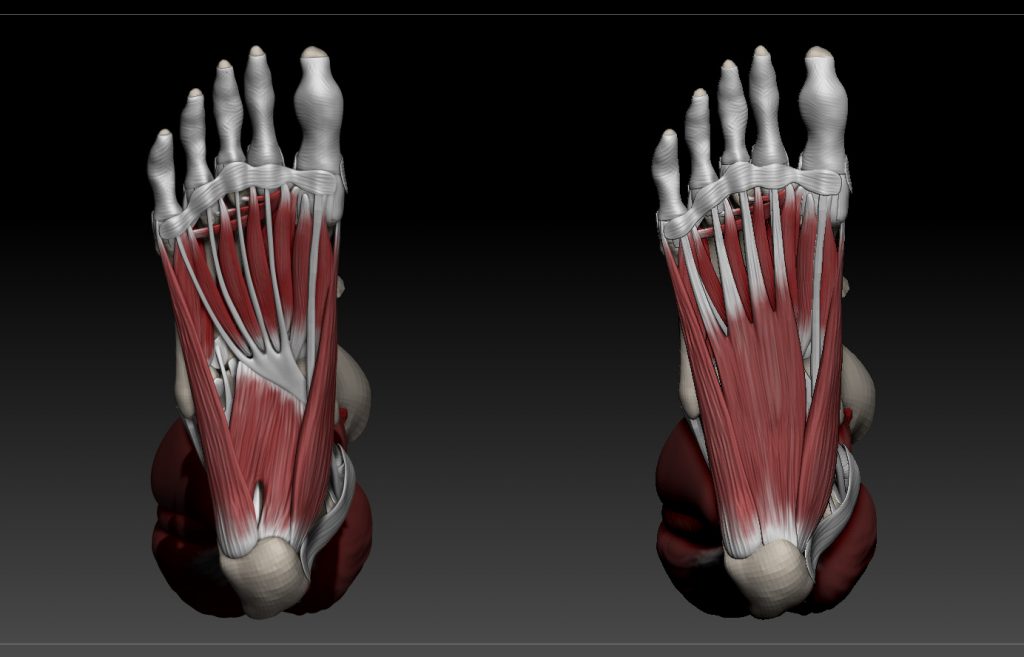
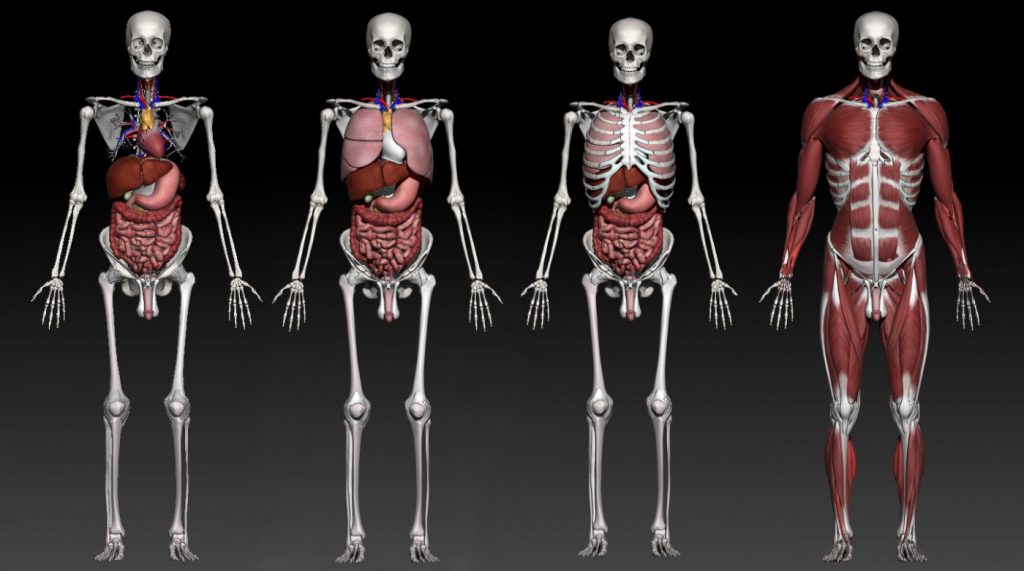













 BU Leads AI-Driven Work Package in EU Horizon SUSHEAS Project
BU Leads AI-Driven Work Package in EU Horizon SUSHEAS Project Evidence Synthesis Centre open at Kathmandu University
Evidence Synthesis Centre open at Kathmandu University Expand Your Impact: Collaboration and Networking Workshops for Researchers
Expand Your Impact: Collaboration and Networking Workshops for Researchers Visiting Prof. Sujan Marahatta presenting at BU
Visiting Prof. Sujan Marahatta presenting at BU 3C Event: Research Culture, Community & Can you Guess Who? Thursday 26 March 1-2pm
3C Event: Research Culture, Community & Can you Guess Who? Thursday 26 March 1-2pm ECR Funding Open Call: Research Culture & Community Grant – Apply now
ECR Funding Open Call: Research Culture & Community Grant – Apply now ECR Funding Open Call: Research Culture & Community Grant – Application Deadline Friday 12 December
ECR Funding Open Call: Research Culture & Community Grant – Application Deadline Friday 12 December MSCA Postdoctoral Fellowships 2025 Call
MSCA Postdoctoral Fellowships 2025 Call ERC Advanced Grant 2025 Webinar
ERC Advanced Grant 2025 Webinar Update on UKRO services
Update on UKRO services European research project exploring use of ‘virtual twins’ to better manage metabolic associated fatty liver disease
European research project exploring use of ‘virtual twins’ to better manage metabolic associated fatty liver disease